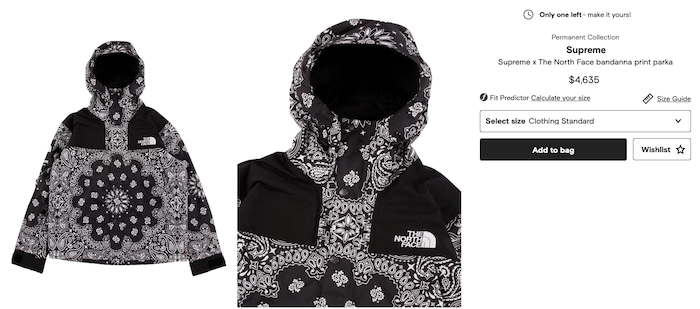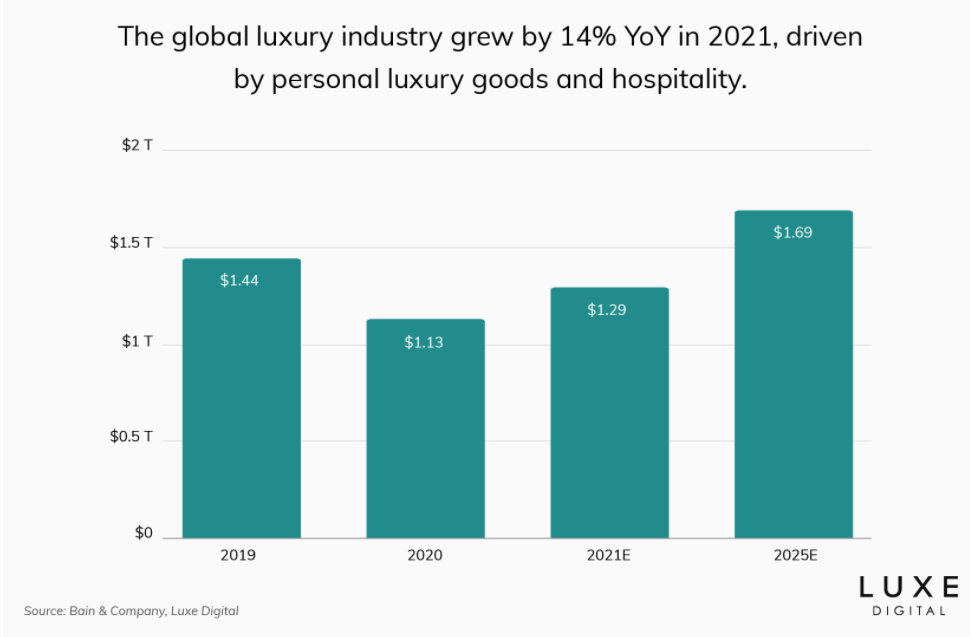The Best Luxury Marketing Strategies

By Neil Patel
Have you ever seen a Facebook ad for Chanel? Or an Instagram ad for Lamborghini?
Me neither. That’s because luxury marketing strategies don’t follow the same rules as mass-market brands.
Selling to high-end consumers requires a different approach. But that doesn’t mean popular digital channels are off-limits.
SEO, PPC, even some social media sites can drive online sales for your luxury brand.
Today, I’m going to show you exactly how to take your luxury brand online with the best luxury marketing strategies.
What Qualifies as a Luxury Brand?
Gucci, Rolex, Ferrari. For the most part, you know luxury brands when you hear them.
But what does it take for a brand to qualify as a luxury? In my opinion, it’s down to the three Es: Expensive, Excellent, and Exclusive.
Luxury products are synonymous with high price tags. This is the most common indicator of luxury, but it is also the most misleading. Just because something costs thousands of dollars doesn’t mean it’s luxury.
That’s why luxury products also need to be excellent. The quality has to match the price tag. Good doesn’t cut it in the luxury category; a brand has to be at the very top of the market.
Luxury fashion is created by the best designers in the world. The best engineers create luxury cars. Ditto for timepieces.
Finally, luxury products have to be exclusive. It’s not a luxury product if everyone has one. Often, exclusivity is achieved by price. A ten thousand dollar handbag is well out of reach of the majority of consumers. But brands can also achieve exclusivity by selling a limited number of products. Or they can do both, like Supreme.

Luxury Marketing Trends
According to Statista, the global luxury goods market will increase from $285.1 billion in 2020 to $388 billion in 2025.
Despite what you might think, online sales of personal luxury goods are growing, too. McKinsey estimates 8% of all luxury sales are made online or around €20 billion. That’s a five-fold increase from 2009. What’s more, the majority (almost 80%) of purchases made in-store are influenced by digital.
The consultancy expects online luxury sales to triple by 2025 when almost one in five personal luxury sales will happen online.
Digital channels will be essential for luxury brands going forward. The pandemic hit department stores hard and forced luxury consumers to buy online more than before.
BCG predicts the e-commerce boom will continue in the future both for inspiration and for transactions.
Going digital will also be key to meeting today’s new luxury consumers and those of tomorrow. Millennials, who are entering their peak earning years, and Gen Z, many of whom are just entering the workforce, have grown up in the digital era and expect brands to have an online presence as high-quality as their products.
All that’s to say: digital marketing must be a key part of a luxury brand’s strategy going forward.
Luxury Brand Marketing Strategies
Here’s the thing, luxury marketing isn’t synonymous with …read more
Source:: Kiss Metrics Blog








